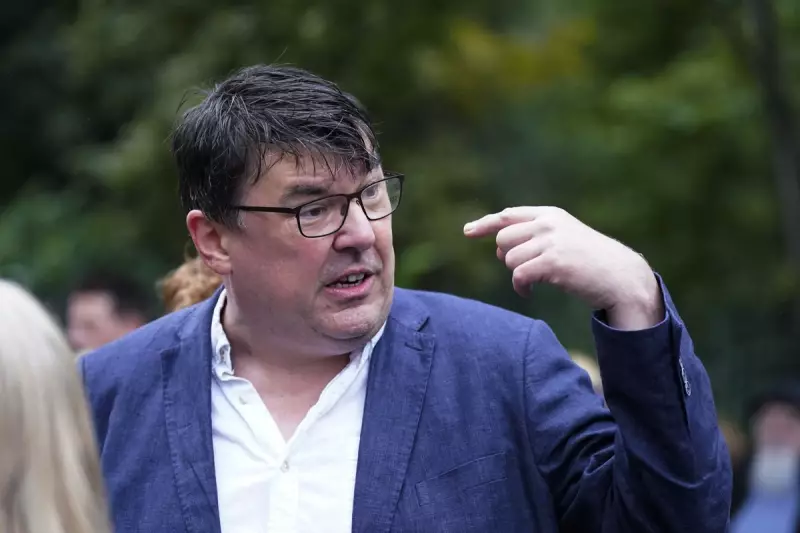
Metropolitan Police Commissioner Sir Mark Rowley has found himself at the centre of a fiery debate over freedom of speech after comedian Graham Linehan launched a scathing criticism of the force's approach to contentious issues.
The creator of popular sitcoms Father Ted and The IT Crowd directly challenged Sir Mark during a radio interview, accusing the Met of "hunting down" people for expressing gender-critical views while failing to adequately address serious crimes.
Linehan's Direct Challenge to Police Priorities
During the tense exchange, Linehan questioned why officers were pursuing individuals for their opinions on gender identity while many Londoners feel unprotected against everyday crime. "You're hunting down people like me for saying things you don't like," Linehan stated, highlighting what he perceives as misplaced priorities within Britain's largest police force.
The comedian, who has faced significant personal and professional consequences for his gender-critical stance, argued that the Met's current approach undermines public trust and diverts resources from more pressing criminal matters.
Rowley Defends Police Neutrality
Sir Mark Rowley responded by emphasising the police's duty to remain neutral and enforce laws without political bias. The Commissioner acknowledged the challenges of policing in a diverse society where competing rights often collide, particularly around free speech and protection from harassment.
"We have to police without fear or favour," Sir Mark stated, adding that officers must navigate complex legal frameworks that balance competing rights and protections.
Shadow Health Secretary Backs Police
Shadow Health Secretary Wes Streeting entered the fray, defending the Met's difficult position and criticising those who "bash the police instead of backing them." The Labour MP highlighted the connection between police effectiveness and adequate funding, suggesting that years of resource constraints have hampered the force's ability to address all concerns effectively.
Streeting's comments come amid ongoing debates about police funding and prioritisation, with the Metropolitan Police facing scrutiny from multiple political perspectives.
Broader Implications for Free Speech and Policing
This confrontation reflects wider societal tensions around freedom of expression, particularly regarding gender identity issues. The exchange highlights the challenging position police forces face when navigating highly polarised public debates while maintaining community trust.
As the Metropolitan Police continues to grapple with restoring public confidence following various scandals, this incident underscores the difficult balance between protecting free speech and preventing harassment in increasingly divided public discourse.





